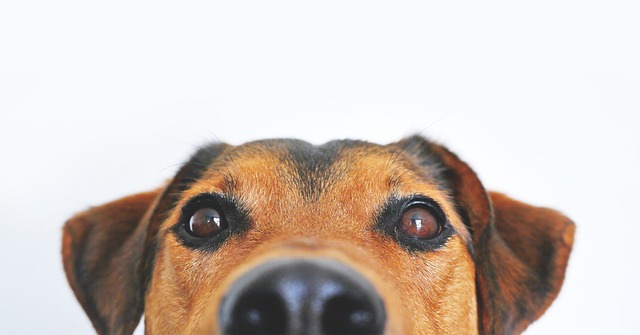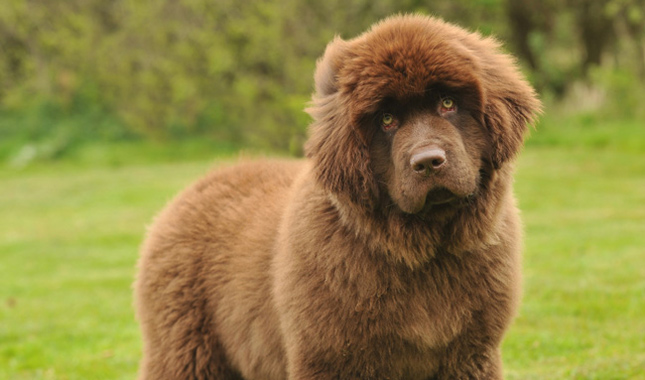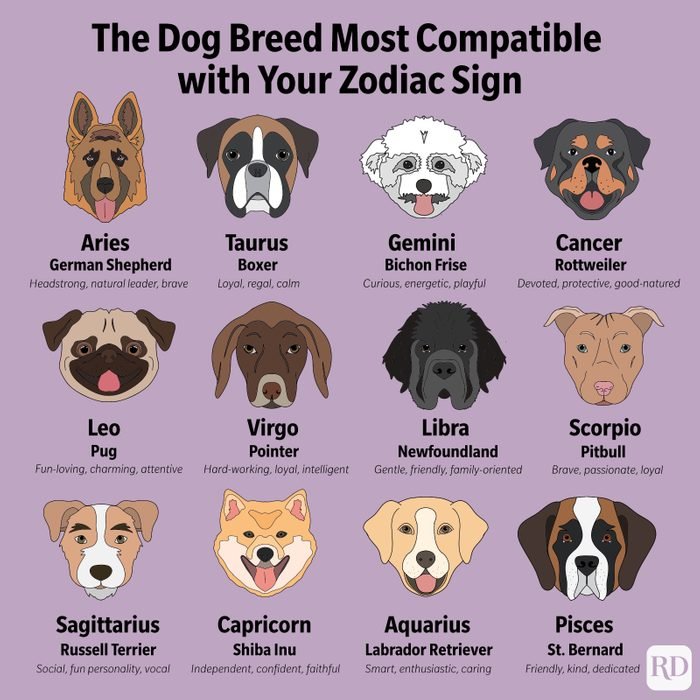
The Havanese, which is a bichon dog, is Cuba's National Dog. It is a descendent the extinct Blanquito el Habana and Bichon Tenerife. They make great companions, are good at retrieving, guarding, and even working.
Do you make a great companion dog?
The Havanese dog is active and energetic. This small, stubby breed is very intelligent and easy to train. They enjoy playing with other dogs and going on walks. They also excel at agility courses, and they make excellent watchdogs.
The Havanese makes an ideal companion dog. They love to spend time with their owners and are friendly. They enjoy tricks like jumping through a hoops, or rolling over and climbing on balance beams. Though they require frequent grooming, their love and companionship make them well worth the effort.
Legg-Calve-Perthes
Legg-Calve-Perthes is a degenerative joint disease in the hip area of the Havanese. The disease may cause arthritis, lameness, or muscle atrophy. Treatment can include surgery. Treatment depends on the severity and location of the disease. For mild cases, medication and medical therapy may be helpful. The disease is more common in overweight dogs.

Legg Calve-Perthes is an inheritance condition. The lack of blood supply causes the head and femurs to become deformed. In severe cases, it can cause the knee cap to dislocate, which can lead to limited mobility and pain. The condition usually starts in childhood. It is more common for white children.
Health issues
Havanese canines have very specific health needs. Your veterinarian will be able to determine which vaccines your pet needs. The vaccines can be given as soon as your pet is 6 weeks old. You may want to have your dog tested for additional health issues, such as genetic diseases. A vet can also recommend preventative measures such as flea- and tick medications. These medications can be applied to dogs' skin based on their weight.
Other health problems that Havanese dogs may have include bone and joint issues. Chondrodysplasia Punctata is a condition that causes uneven growth and can lead to limping. Legg-Calve Perthes, another condition that can lead to joint pain and arthritis, is another. Havanese could also suffer from patellar deformity, which is an elbow joint slippage. In addition to these health issues, Havanese can also suffer from liver shunt, which causes toxins to build up in the heart.
Care
Heart failure is the most common cause of death for Havanese dogs in their golden years, so it is important to monitor your pet's heart regularly. Most heart problems in dogs are due to a weakening of one of the valves in the heart. This causes blood pressure to rise around the valve and can cause blood loss. Hearing a murmur in your pet's heart can help you determine if it is suffering from heart disease. Basic tests can help rule out heart disease or irregular heartbeats. A veterinarian can recommend treatment options for your dog's individual needs.
Eye care for Havanese is important to help your pet stay healthy. Proper eyecare can prevent vision loss, and decrease discomfort. Eye problems in dogs can range from chronic eye pain to corneal ulcers. There are many treatment options.
Grooming

Habanese grooming requires that you consider several factors. The length of the coat should be considered first. The Havanese are famous for their long silk coat. This coat consists of a shorter undercoat and a longer outer coat. The outer can be straight, curled, or wrinkled and can come in any color.
Daily grooming is necessary for a Havanese coat. The coat should be brushed daily or sprayed with fine mist sprayer. It is important to brush the coat dry and not wet. You should brush your dog's coat all the way down to the skin, not just the outer layer.
FAQ
There are three things you should consider before buying a cat.
Before buying a cat, make sure you have considered these questions:
-
Do you have any questions about the health of your cat?
-
Is it possible for the cat to eat all my food.
-
Is it because I love cats or do I simply want a pet cat?
What kind should I feed my dog?
Your dog should be fed a balanced diet.
High-protein foods include chicken, beef and fish as well as eggs and dairy products.
Other foods that are high in carbohydrates include fruits, vegetables, bread, cereals, pasta, rice, potatoes, and beans.
Foods low in fat include lean meats such as poultry, fish, eggs, nuts, seeds and whole grains.
Before you give your dog different foods, make sure to consult your veterinarian.
Is it appropriate for children to own a pet at what age?
Pets should not be owned by children under 5 years of age. Young children should not have cats or dogs.
Many children who have pets get bitten. This is particularly true for small dogs.
A few breeds of dogs, like pit bulls can be quite aggressive towards other animals.
A dog can be friendly but not aggressive, even if it appears friendly.
So, if you choose to get a dog, ensure it is well trained. Ensure that your child is always supervised when playing with the dog.
What's the best pet?
The best pet is the pet you love. There is no correct answer. Every person has his own opinion about which pet is the best.
Some believe cats are more intelligent than dogs. Others say that dogs are more loyal and loving. Others argue that birds make the best pets.
Regardless of the type of pet that you decide to get, it is important that you determine what type of pet best suits you.
If you're friendly and outgoing then a dog is right for you. A cat or dog would be the best for you, if you are shy and reserved.
Also, take into account the size your house or apartment. If you have a small apartment, you will need a smaller pet. A larger house, on the other hand will require you to have more space.
Don't forget to give your pet lots of love and attention. Pets need to be fed frequently. They should be taken out for walks. They need to be brushed, and cleaned.
You'll be able pick the best pet for you if you have all of these knowledge.
What are your responsibilities as a pet owner?
An owner of a pet must love their pet unconditionally. They must ensure that their pet has all the basic needs met, including shelter, water, and food.
They must also teach their pets how to behave. You should never neglect your pet.
He must also be responsible enough for it and clean it up.
What is pet insurance?
Pet insurance provides financial protection for your pet's health and safety in the event that they become injured or sick. It also covers routine vet care such as vaccinations and spaying/neutering.
It also pays for emergency care if your pet is injured or has an accident.
There are two types to pet insurance
-
Catastrophic insurance - This policy covers your cat's medical expenses in the event of severe injury.
-
Non-catastrophic - This type covers routine veterinary costs, including vaccines, microchips, and spays/neuters.
Certain companies offer both catastrophic coverage and non-catastrophic. Some companies offer only one type of coverage.
These costs are covered by a monthly payment. The amount will vary depending on how much money you spend on pet care.
The price of your insurance depends on which company is chosen. Do your research before purchasing.
There are discounts offered by some companies if you buy more than one policy.
If you already have a pet insurance plan with another company, you can transfer your existing plan to a new company.
If you choose not to purchase any pet insurance, you will need to make all payments yourself.
But there are still ways that you can save money. You can ask your veterinarian about discounts.
If your pet sees you often, he may discount you.
Or, you can find a local animal shelter where you can adopt a pet instead of paying for one.
It doesn't matter what kind or type of insurance you have, you should always carefully read the fine print.
This will give you an accurate estimate of the value of your coverage. If you do not understand something, contact your insurer immediately.
Statistics
- A 5% affiliation discount may apply to individuals who belong to select military, law enforcement, and service animal training organizations that have a relationship with Nationwide. (usnews.com)
- Reimbursement rates vary by insurer, but common rates range from 60% to 100% of your veterinary bill. (usnews.com)
- It is estimated that the average cost per year of owning a cat or dog is about $1,000. (sspca.org)
- * Monthly costs are for a 1-year-old female mixed-breed dog and a male domestic shorthair cat less than a year old, respectively, in excellent health residing in Texas, with a $500 annual deductible, $5,000 annual benefit limit, and 90% reimbursement rate. (usnews.com)
- Here's a sobering reality: when you add up vaccinations, health exams, heartworm medications, litter, collars and leashes, food, and grooming, you can expect a bill of at least $1,000 a year, according to SSPCA. (bustle.com)
External Links
How To
How to choose the best name for your pet
Choosing a name for your pet is one of the most important decisions you'll make when adopting a new animal into your home. Names should reflect the personality and character of your pet.
Also, think about how others might refer you to them. For example, if you plan to use their name when speaking with someone. Finally, think about how you'd like to be referred. For instance, do you prefer "dog" or "pet"?
Here are some tips for getting started.
-
Choose a name that is appropriate for your dog's breed. If you know the breed (e.g., Labradoodle), look up the names associated with that breed. Or ask someone who knows dogs well to suggest a name based on the breed.
-
Take into account the meaning behind the name. Some breeds are named after people or places, while others are just nicknames. For example, the Labrador Retriever named "Rover" because he was always running!
-
Now think about what you'd like to call yourself. Do you prefer to be called "dog?" or "pet?" Would you rather call your dog "Puppy", "Buddy" or "Buddy?"
-
Don't forget to include the owner's first name. It makes sense to give your dog a name that includes your last name but doesn't limit yourself to only including your family members' names. Your dog could grow up to become a member of your family.
-
Remember that pets can have multiple names. A cat could have several names, depending on her location. She could be known as "Kitty Cat" at home but "Molly" while visiting her friends. This is especially true for cats that live outside. They may choose to name themselves after the environment in which they live.
-
Be creative! There are no rules stating that you have to stick to one naming convention. You just need to choose something that is unique and memorable.
-
Check to make sure your chosen name hasn't been used by someone else or a group. You won't accidentally steal the identity of someone else!
-
Last but not least, don't forget to remember that choosing a name can be a complicated process. Sometimes, it takes time for you to choose the right name. Keep looking until you find that perfect name.